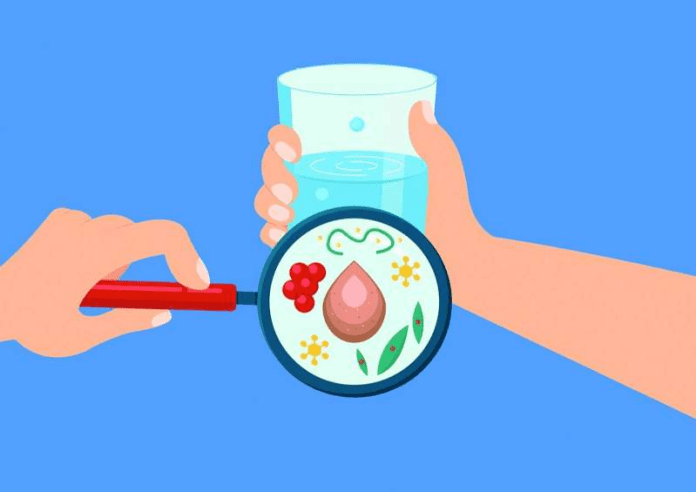Researchers and doctors are struggling to find effective treatments for autism spectrum disorder, which affects one in every 100 children in the world, according to the World Health Organization, and they have found a treatment that is “transferring germs”, according to what was published by “Neuroscience News”.
Recently, a new approach to treating symptoms associated with autism spectrum disorder has emerged thanks to the proliferation of research on the trillions of non-human cells that inhabit the digestive tract, collectively known as the gut microbiome, a healthy gut to children with autism, reports a local Arabic daily.
In a new study, ASU researchers and colleagues specifically explored changes in the gut microbiota after transfusion therapy, using whole-genome sequencing, to monitor changes in bacterial species and genes involved in microbial metabolism.
The researchers discovered that the microbial taxa and genes important for the microbial pathways associated with improvements in the physical and behavioral symptoms of autism spectrum disorder improved after treatment with germ transfer, according to what was published by Al Arabiya.net.
In the first research of its kind, the research team used a whole-genome-sequencing technique known as Shotgun metagenomics to extract detailed data from more than 5,000 bacterial species present in the guts of children with ASD before and after the transfusion of the microorganisms. The researchers then compared the results with the bacteria in the gut of healthy children.
The results showed a significant improvement in the overall abundance of bacteria after the vector treatment, confirming previous findings published in Scientific Reports in 2019. There were also significant increases in populations of beneficial bacterial species that are normally found in smaller numbers in children with autism.
The results are encouraging because the severity of gastrointestinal dysfunction in children with autism appears to be commensurate with the degree of behavioral and cognitive problems, highlighting the importance of the gut-brain axis, a topic of great interest in the world of microbiomes.
The researchers are currently conducting phase II studies of microbe transfer therapy for children and adults with autism, and plan to investigate whether these findings hold true in these two studies. Future research is likely to explore the role of specific microbial species, functional gene expression and production of a range of receptors associated with autism before and after transfusion therapy.

















